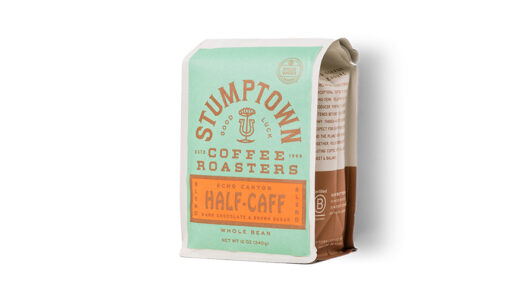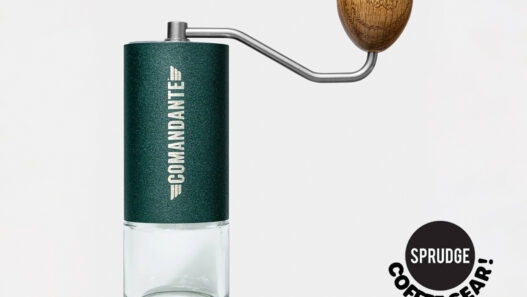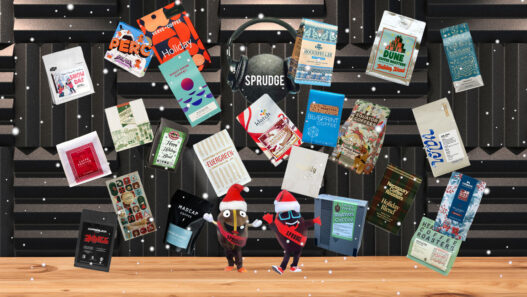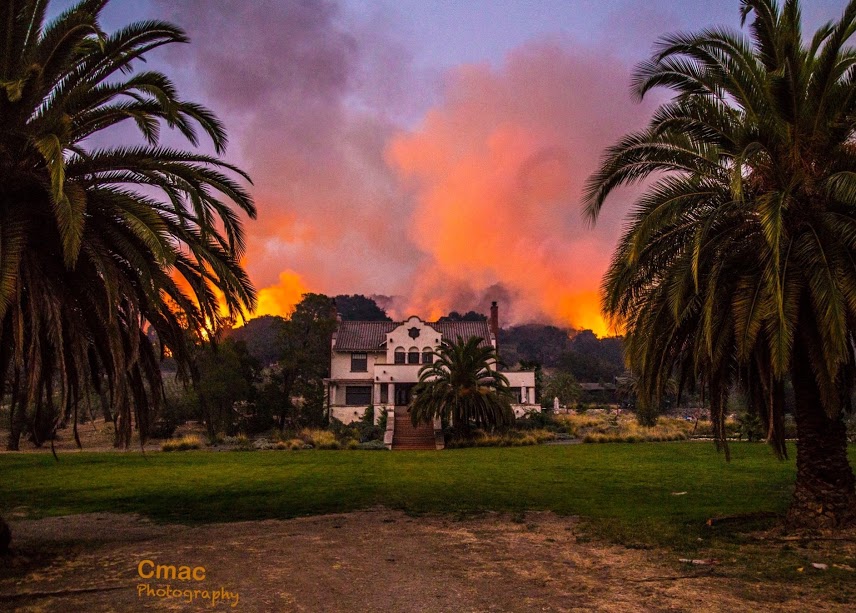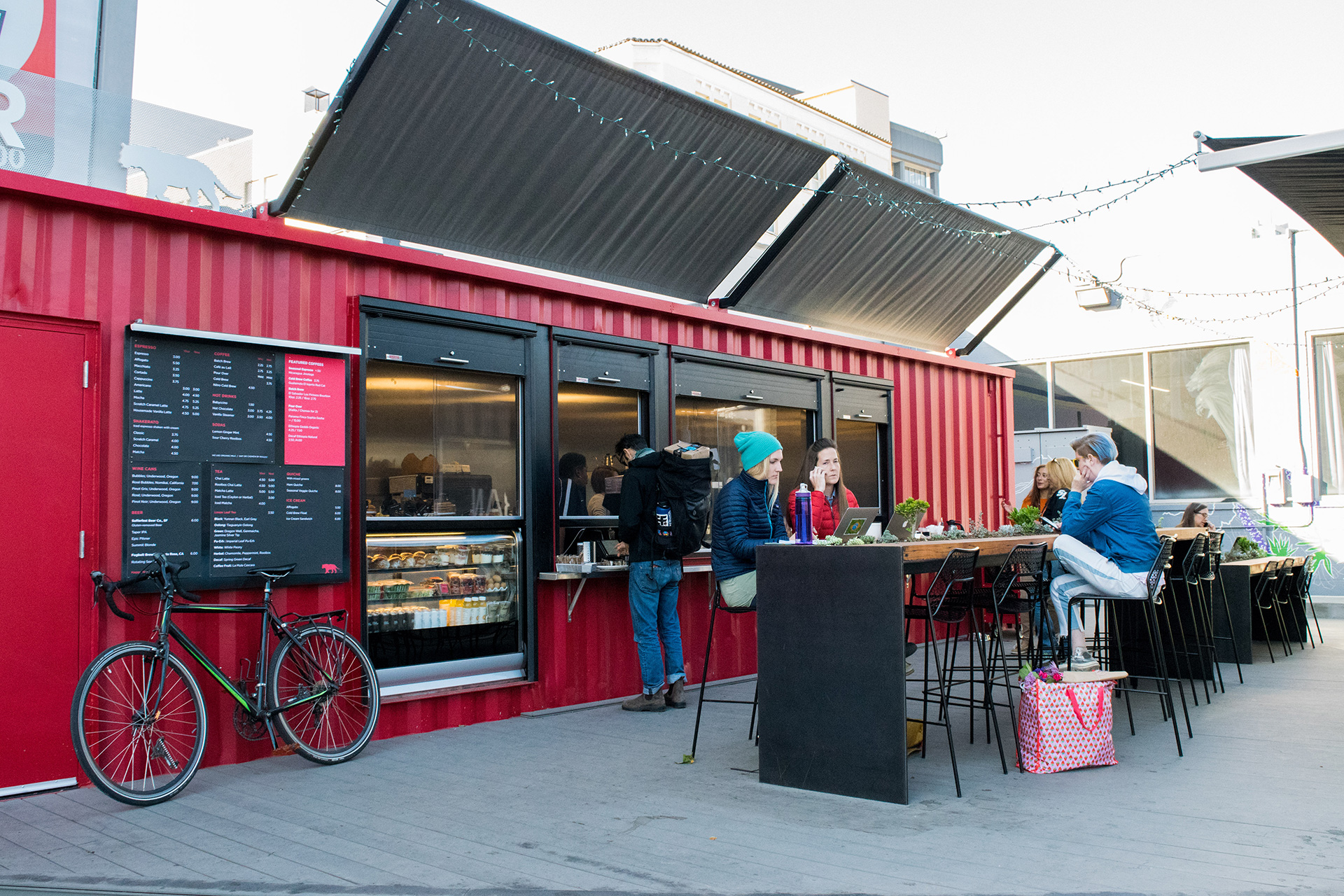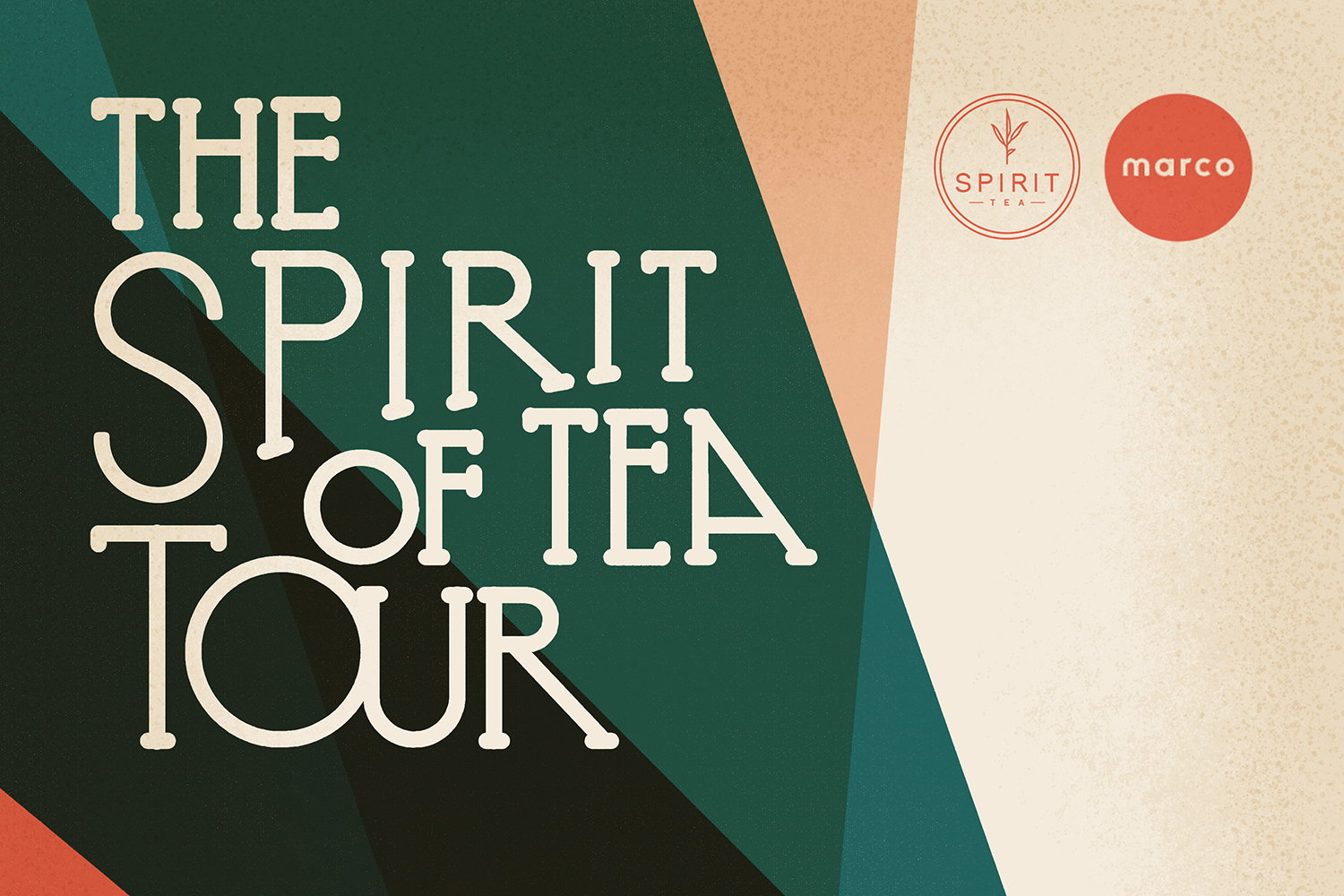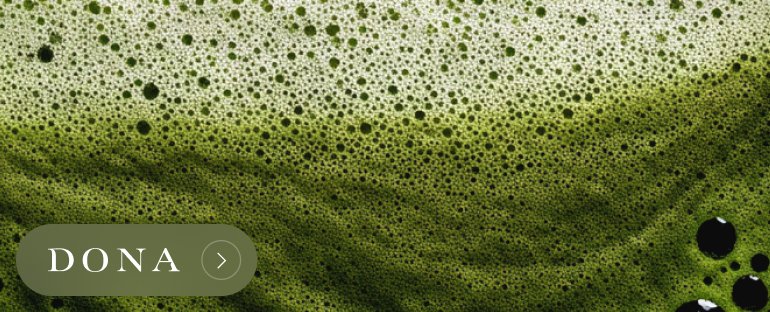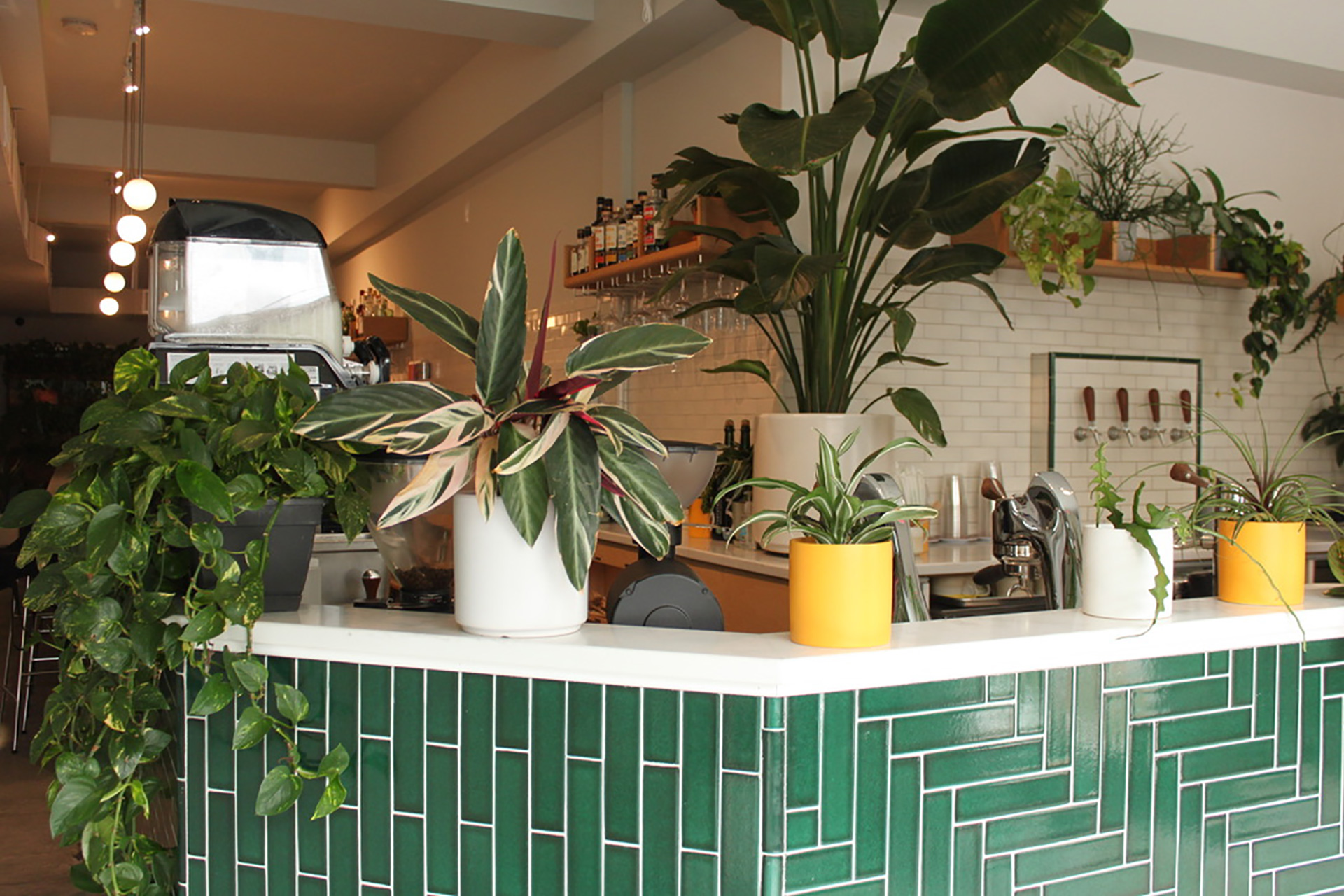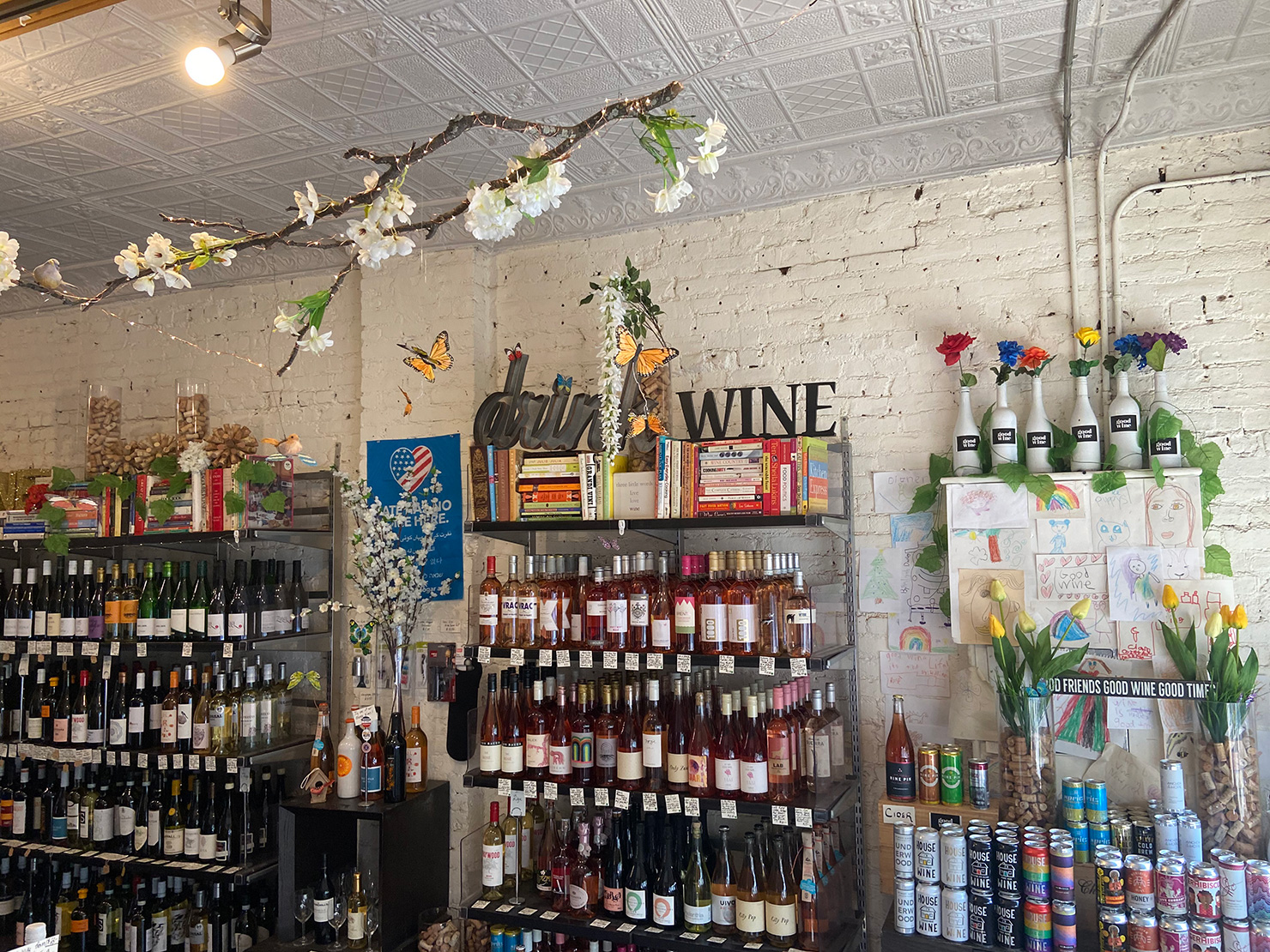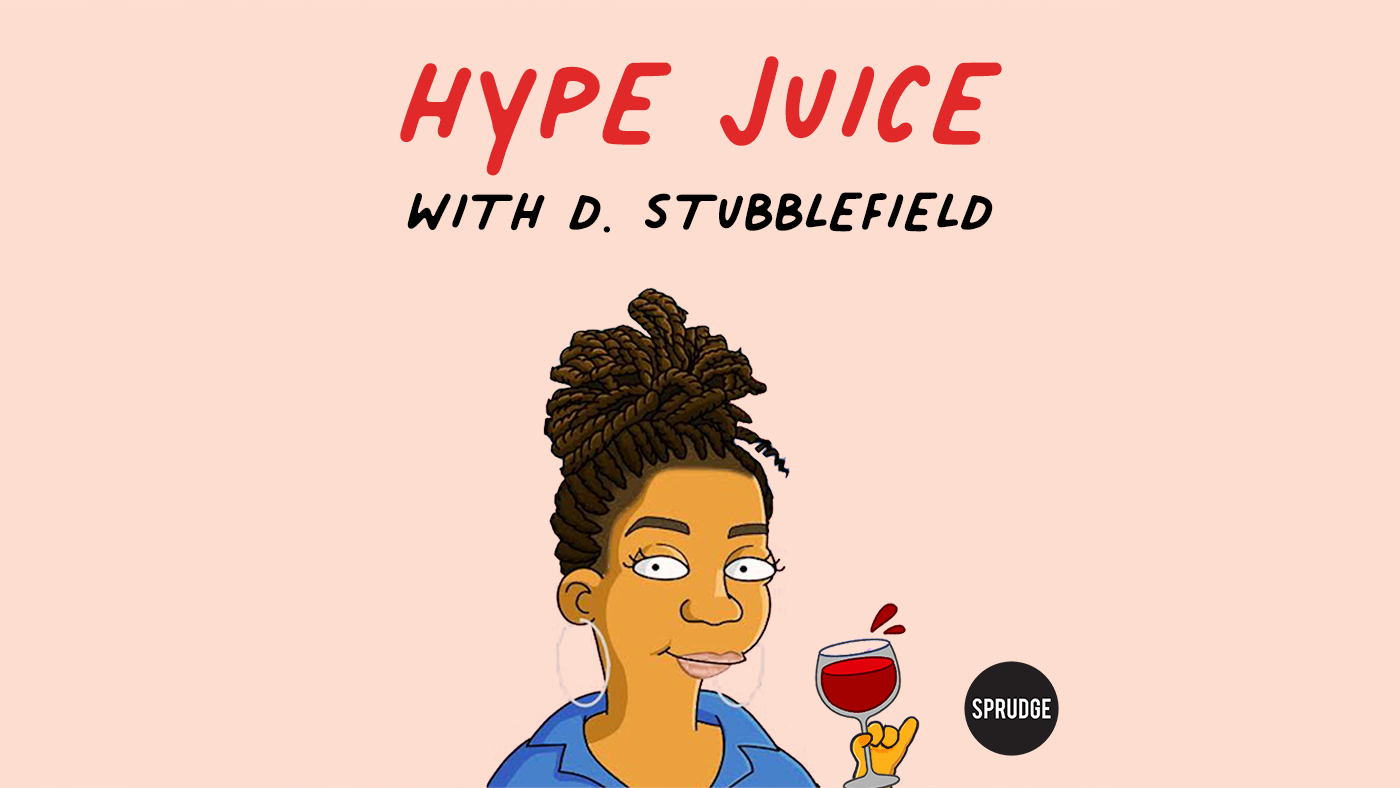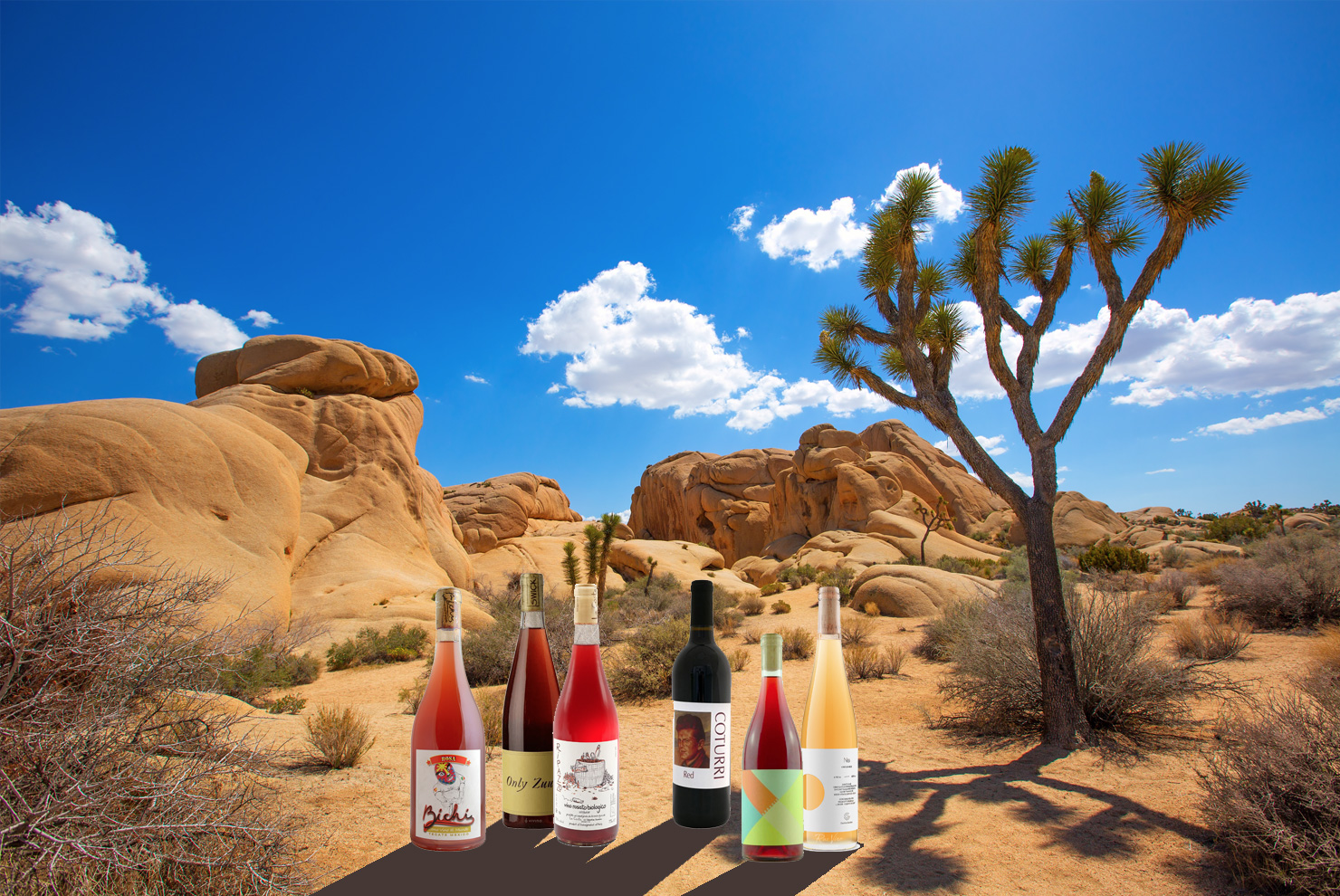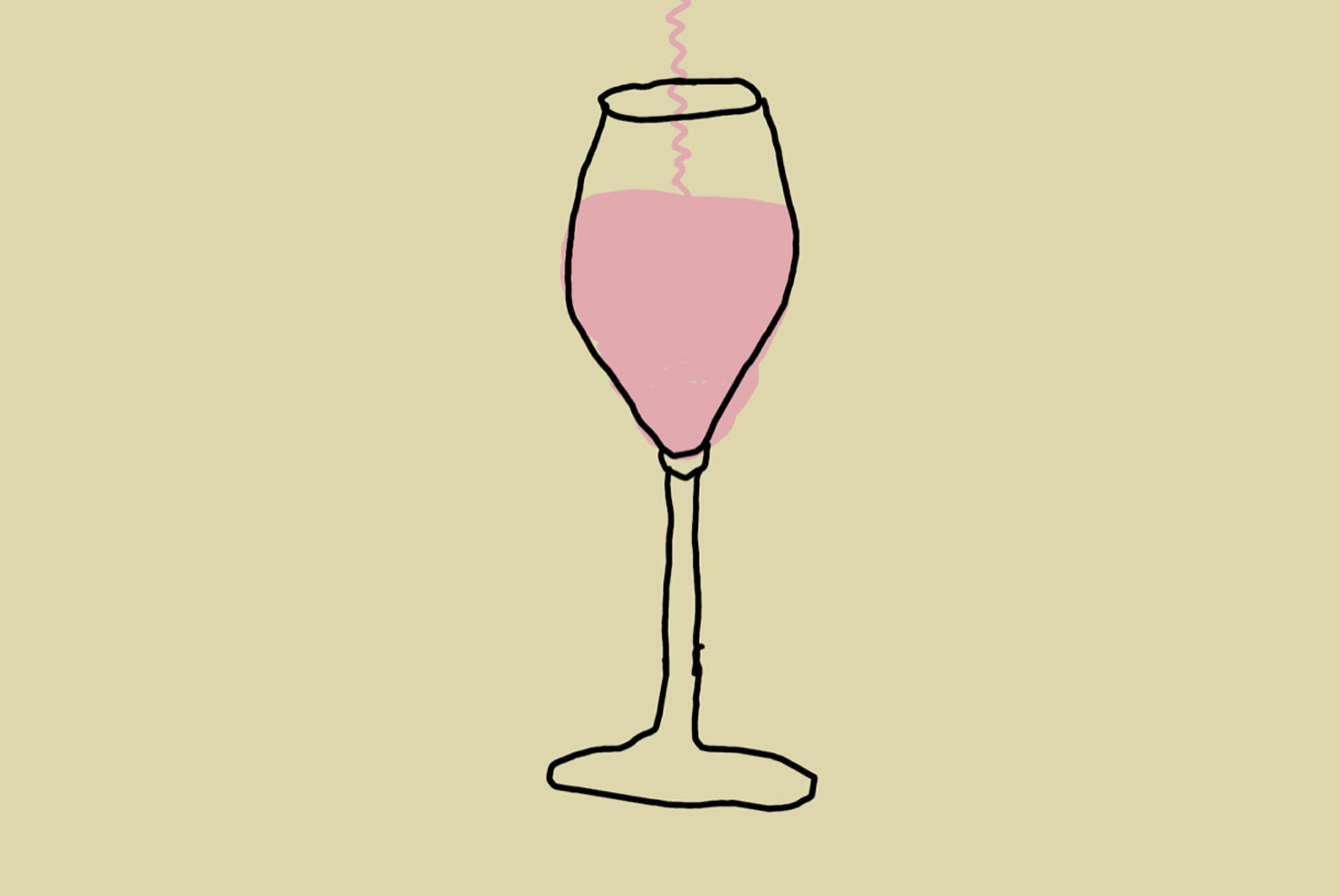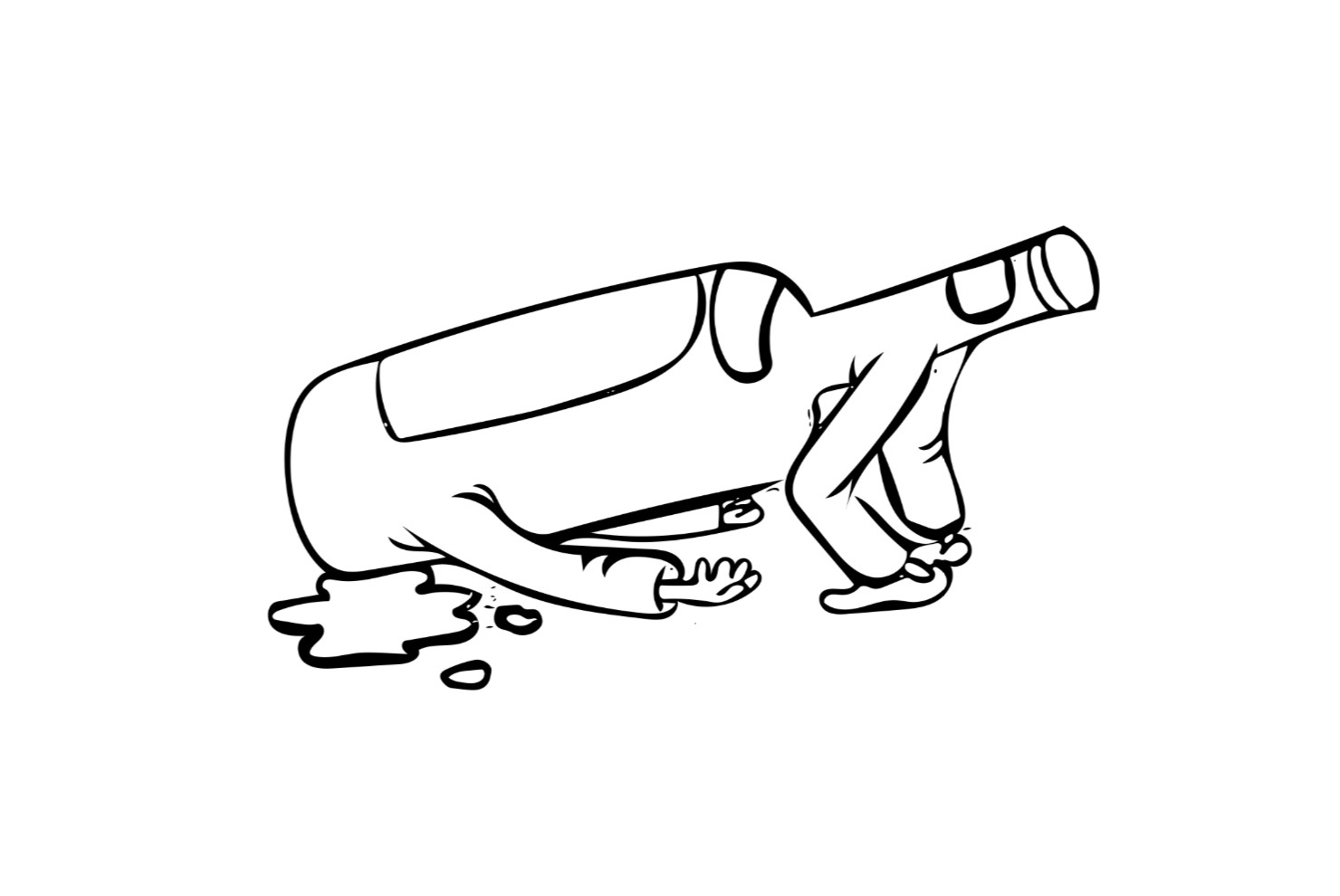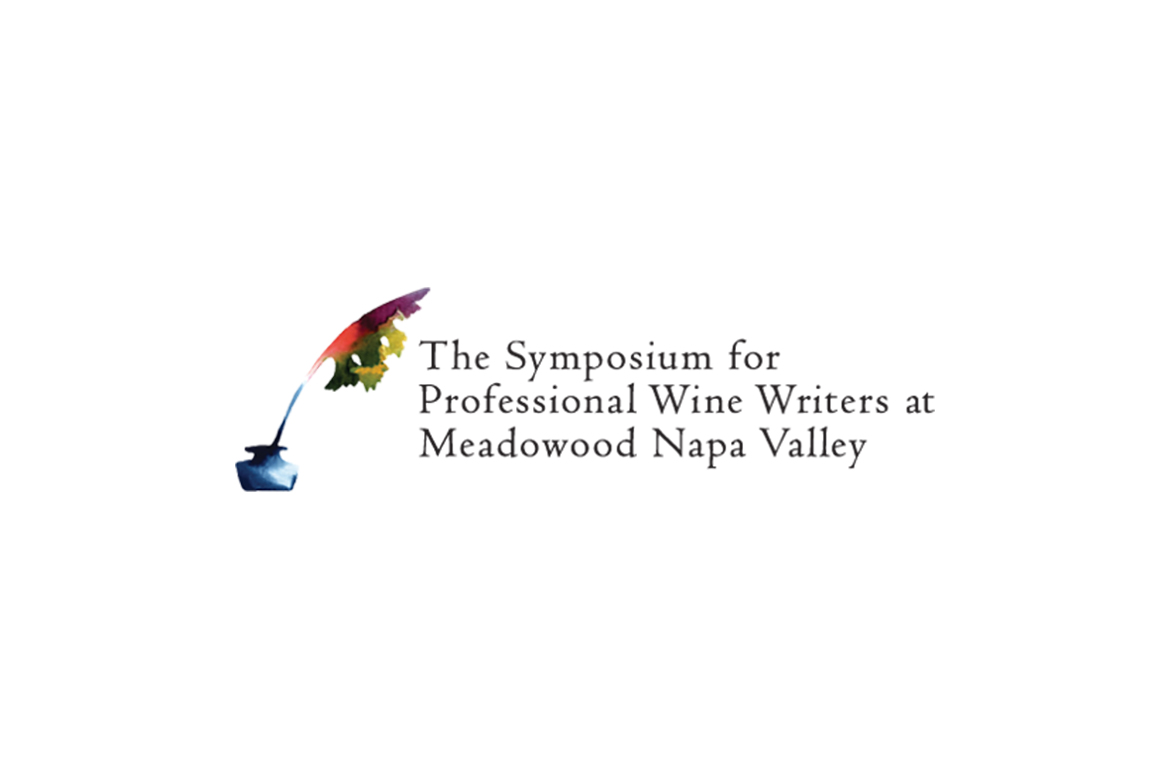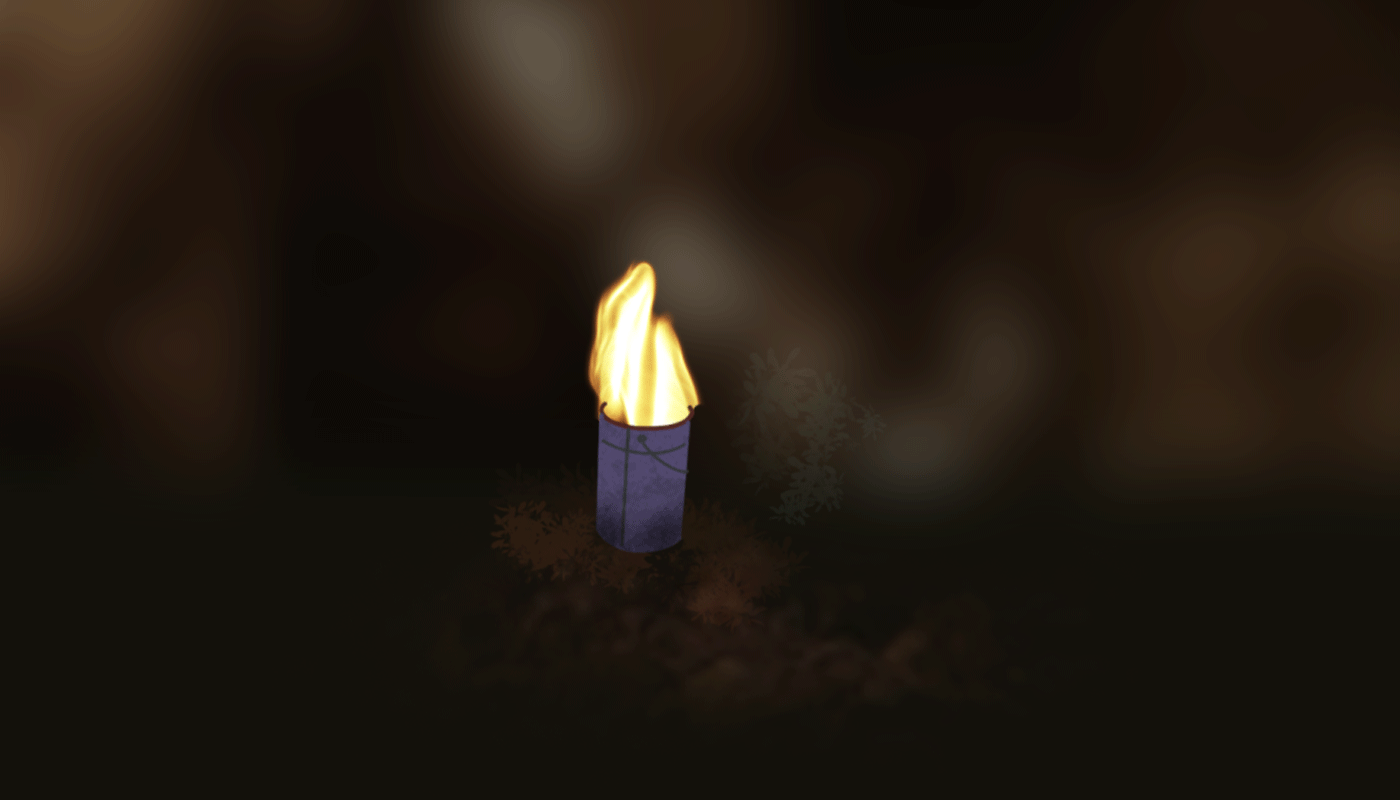It’s dusk in early January—three months from the night in October when the deadliest California wildfires in history began, when flames churned by Diablo Winds spread through the Mayacamas and burned across Anderson Mountain in Sonoma, on whose Western slope we’re currently lounging while peeling clementines and drinking Scribe Sylvaner—and everyone at the Hacienda is suddenly gazing west. There’s a neon sunset, a showstopper, the kind that signals extreme weather to come. This one, periwinkle and hot orange, foreshadowed tomorrow’s heavy rain, the begged-for kind that humbles Californians of any stratum. But after the wine country wildfires in 2017, this blazing sky is a reminder of incineration. Smoke’s tragic haze has the same paint job.
When news of the fires broke, a harrowing photo circulated online of the Hacienda at Scribe Winery surrounded by these colors, as flames pummeled towards Sonoma Valley. Disaster seemed imminent, but the magnitude, indeterminable. No one knew how the wind would blow. They had completed their harvest the night before it all began, and thanks to Cal Fire, who helped conduct an equipped Scribe crew in rescue mode by digging fire lines and irrigating roofs, the winery remained unscathed. On this winter weekend, we’re luxuriating in their successes. The Hacienda still stands. The Scribe team of two dozenish still have jobs. Baby green sprouts shoot up on the hill behind us. The vines, natural firebreaks that surround the winery on three sides, are dormant for the year, at peace.
“California is a beautiful place,” says winemaker Andrew Mariani, as we rise from our lounge seats on the south patio, next to their edible garden. Lingerers are gathering to watch from the Hacienda’s front steps. “But it’s a violent place. And it’s been that way for a long time.”
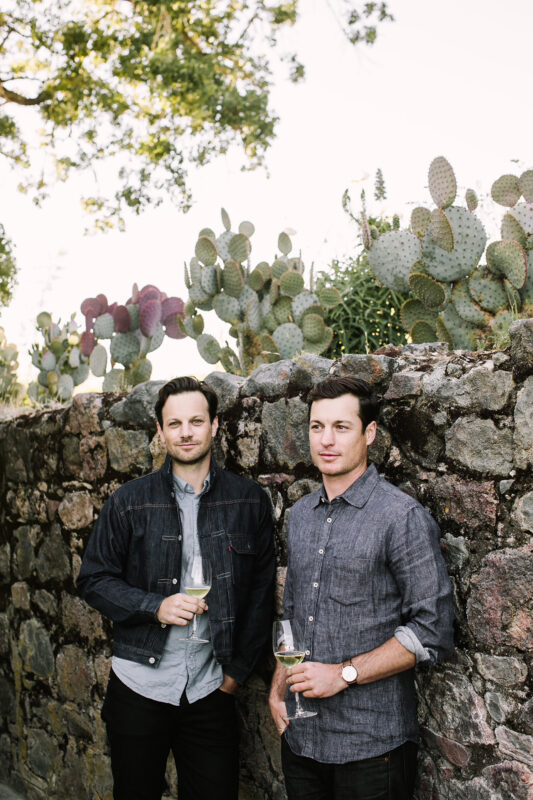
Vintner-brothers Andrew and Adam Mariani have been making low-intervention wine—along with cultivating an edible garden, raising bees and chickens, and throwing parties for an international community of hip food people who whirlpool around the Bay Area—from this southern plot of Sonoma Valley since 2007. The brothers, along with their younger sister Kelly, a Chez Panisse alum who oversees Scribe’s kitchen, are the fourth generation of a California farmer lineage that includes one of the largest nut companies in the world (Mariani walnuts were served on my visit, crack-your-own, along with clementines). Understanding the structure of a massive agricultural operation was absorbed through familial osmosis, according to Adam, and through his brother Andrew’s undergrad work in Cal Poly’s ag program. After a few years’ experience working with winemakers across the world (including La Tour Melas in Greece and Guigal in the Northern Rhone), and partnering with an uncle with industry connections (vineyard consultant Andrew Avellar), the unlikely endeavor of starting a winery in their late twenties became a reality. The brothers bought a decrepit turkey farm for $3.8 million a few miles south of downtown Sonoma and nurtured acres of soil compacted for decades by a dozen industrial turkey buildings into land that could, once again, grow its best grapes.
The Marianis identify as farmers as much as they do winemakers. It’s the humbler affectation of the agricultural image that they sow through the Scribe identity, threading the slow food, farm-to-table spirit long fomenting in the Bay Area into their winemaking ethos. In fact, they’ve whipped everything on site into an aggregate state of Peak California—the patina-forward Hacienda renovation, earthenware ceramics and indigo linen napkins, twinkling patio string lights, an abundance of both indoor potted plants and effortlessly attractive people. An irresistible, casually aspirational reflection of place gives everyone visiting today, no matter their existing credentials as a somebody (and there are many somebodies here), a festive gleam of belonging in their eye. It felt almost equalizing when I caught it. What’s more desired by the food-and-wine-culture scene than Peak California, and who has done a more complete job of bottling it?
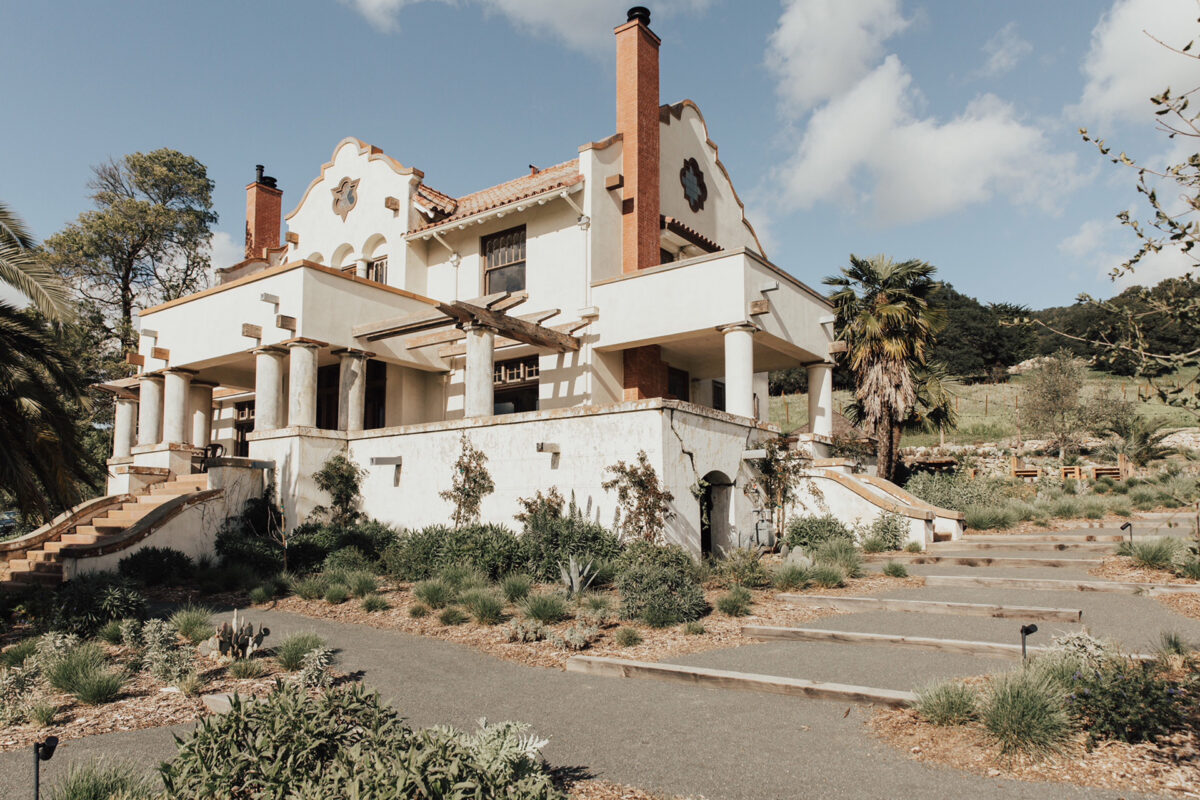
Adam and Andrew are making expressive wines that, literally, ferment the spirit of West Coast bon vivant minimalism, and attract a coterie of food (and design, and tech, and literary, and music) world creative counterparts in kind to their fan club. Both Scribe’s popular pét-nat and Nouveau of Pinot Noir are ebullient, youthful, and spontaneous celebration-making. Their variety of Chardonnays, especially the sparkling and skin-contact offerings, are playful studies sans oak of the cool Sonoma microclimate’s headliner grape. Each Riesling and Sylvaner vintage pays its annual homage to Emil Dressler, the German immigrant and original vintner of this property, and the first plantings he made from clippings he brought in from his homeland. Each cuvée is made with only native yeasts, fermented slow and cold in concrete instead of oak, for longer periods of up to five to six weeks. “In volcanic soils, the wine has a structural backbone, so you can be delicate with the wine and vinification process,” explains Adam. “We take a preservationist approach to it. When you farm a healthy vineyard with good soils and you farm harvest bound grapes, the wine has everything it will ever need the day you harvest it. We don’t really think of it as building the when as you get into the cellar.”
The narrative of terroir, of capturing the broadest complexion of the most specific plot of soil, of refining its wildness into culture, is a cliché of winery “About Us” webpages everywhere. But in low-intervention winemaking, when the wine itself is, in essence, a more vulnerable product, there’s a different kind of earnesty rung out of the idea. Andrew finds an analogy he likes in the concept of ecotone, an ecological term to describe where two biological communities intersect. “What I love about Scribe,” he tells me, “is everything we do is right on this edge. Wildness here, cultivated vines down here, everything where we live, work, and experience is right in the middle.” That middle is what the Marianis cinch into an epoch of California winemaking, history, and aesthetic culture. That middle is what makes this a cult winery in Sonoma, cut from the cloth of all that is perennially romantic and mythical about winemaking and how it captures the bucolic. That middle also relies on a balanced temperament from nature and is not immune to wildfire season. “Fires are scary, because fires, you have to fight them,” says Andrew. “Earthquakes, you’re done. Floods, it’ll recede. Fire? It’ll keep going until you put it out.”
Natural winemaking is synonymous with methods that are termed to be non-interventionist, minimal contact, that roll with the punches of the earth. Except that nature itself is human-neutral, if not viciously indifferent, no matter the level of human reverence to its patterns. “Everything we do, especially as grape growers and farmers, we are influenced more than anything by what’s happening in the natural space,” Andrew says. “Wildfire is just the most dramatic expression of that. But it’s still in line. It makes sense. It’s not, like, ‘how the fuck how could this ever happen?’”


On October 7th, 2017, the Scribe crew had just finished their harvest, picking the final Cabernet grapes from Napa’s Atlas Peak; the fires broke on the 8th. What if the fires happened a week or two earlier? There are things you can do, Adam explains to me, to mitigate the flaws in smoke-tainted grapes, like making lighter style wines with shorter skin contact, as skins are what absorb the smoke particulates. But that’s still essentially a faulty vintage, possibly enough so most winemakers might just give up the harvest for that year. For those who are passionate about revisiting a year’s climate in the time capsule of a vintage, drinking a wine in which the ashes of scorched homes and lives are embedded almost feels spiritually corrupt. It’s on the tip of the Marianis’ tongues, when you discuss the fire with them, that these fires were tragic not because of their effect on winemaking, or on wine tourism, which absolutely nosedived as a result in its busiest season—but because they were deadly. The deadliest in history. They leveled entire suburbs. But the firebreak of vines shielded Scribe from the relentless worst that destroyed lives just a few miles away. And, they had a place to seek refuge: when they walked into their production facility, there was no smoke. Everything was following its natural course, fermenting on schedule, while outside, fires were ripping into their world.
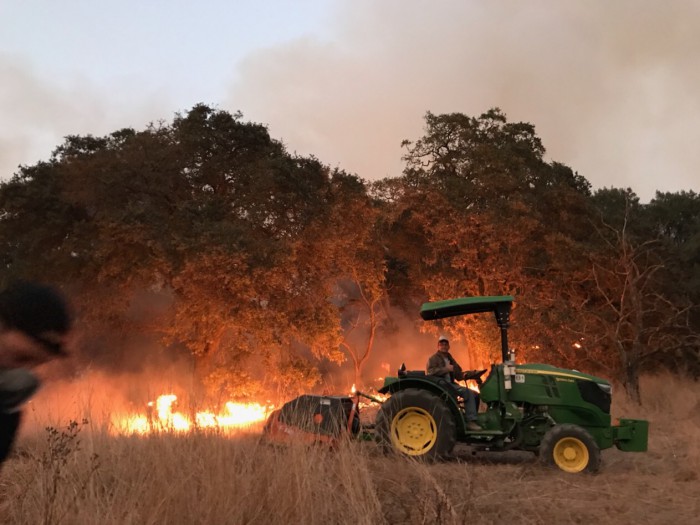
Earlier in the afternoon, before the wild January sunset commanded everyone’s attention, Adam’s was borrowed away from our lunch by a surprise visitor. The great-grandson of Emil Dressel, along with his wife, daughter, and granddaughter, had come by for a tasting, and to follow up on all this activity happening on the property where their ancestors originally settled in America. They brought by photocopies of handwritten family trees going back to the original German-born Dressels, who made wine as Dressel & Co. On each label of a Scribe wine, there’s a little D&CO seal that shoutouts Emil and the wines he made there first, kind of like a family crest into which the Marianis designed their presence. Mr. Dressel loves this, and his family emanates an approving air of delight. Then he told us a story and had an accompanying clip from the Sonoma Index Tribune to illustrate: Carl, son of Emil, who was also the head wine judge at the Worlds Fair in the 1890s, had an epic manse where Adam’s tiny abode sits on the hill above the Hacienda. Truly massive, with a two-story Victorian-style turret and a wraparound porch. It burned to the ground in July of 1912. These vineyards are part of a California history which is ingrained with quick turnover from brutal forces. The Marianis, who grew up in Winters only an hour away, appear up to the task of owning up to all of it.
The sunset signaled the wrapping up of a blockbuster weekend at Scribe; two back-to-back guest chef visits, starting with State Bird Provisions chefs Stuart Brioza and Nicole Krasinski, followed by today’s collaboration of Sota Atsumi of Clown Bar in Paris and Yuri Nomura of Eatrip Tokyo. These special occasion tastings brought out “the family,” as Adam notes a few times, whose tree branches out from the wine industry’s young guns to San Francisco food world nobility. The sunset transitioned us from the regular day’s programming, the tasting, into an invite-only dinner for the aforementioned family. This is the sort of event that fills their upstairs guest rooms. Chef Emma Lipp halts Adam for a quick dinner check-in—there just happens to be four ducks they can cook, and we’ll eat as it’s ready. They’re rolling with it. It’s chill.
I briefly stepped out on the porch to take in some air (and greet a wandering beagle), then came back to a perfectly set table for 20 in the main hall. Brandade and wilted greens land on the table within minutes after that. The ducks are passed to us family style. The wine self-replenishes—a 2014 ‘La Cuca De Llum’ Conca De Barbera by Succés Vinicola, a 2015 Domaine Marcel Lapierre Morgon, and several lovely bottles of Scribe’s own St. Laurent. A momentary mini-world emerges out of Sonoma, Paris, Tokyo, duck fat, red wine, young lettuces, and international accents. After dinner, the table is cleared as if by magic force, rather than a skilled kitchen staff, while soft-lit socializing, a piano performance from Andrew’s wife Lia, and cheap beer materialize from the ether. Everything at Scribe feels organic, effortless, as if it simply appears, and just as quickly gets swept away. When dealing with fires, that could be a curse. Tonight it’s just another charmed night.
___
Note: Many of the families affected by the wildfires are undocumented residents whose labor sustain the wine industry. They’re unable to access other donations because of the barriers of being undocumented and are still collecting the pieces of their lives that were lost to the fires. Please consider donating to Undocufund, which is directly reaching those families to help with deposits on new apartments, replacing vehicles and tools for work, and other sustainable measures to get families back on their feet.
All photos courtesy Scribe Winery, used with permission.




